Freshmen students adjust to CVHS, face bias from upperclassmen
CVHS freshmen gather at the end of the science hallway during lunch.
This school year, 217 freshmen entered CVHS. As if in a rite of passage, incoming freshmen students expressed receiving negative comments and treatment from the upperclassmen.
“Personally, I would say there’s a lot of passive aggressiveness and generalized hostility,” freshman Andrei Krasko said.
Other freshmen have expressed similar thought
“A lot of people talk about how crazy the freshmen class is. Like they’re joking about the way the freshmen are,” freshman Kaylee Yang said. “I think they’re presented both in person and online, people think freshmen are more immature than them.”
Freshmen are not the only ones that recognize these comments and treatment. Seniors agree that upperclassmen are biased towards freshmen.
“I think people tend to be very mean to freshmen, much more so than they deserve. However, I will say some complaints are valid…walking in the hallway is definitely an issue. There’s always freshmen in groups walking in the middle of the hallway, not letting anyone get through. They’re very slow walkers,” senior Giselle Salazar said.
Sophomores also hear their fair share of views on the freshmen and recognize them easily due to them being freshmen just last school year.
“I guess just that they’re weird and immature. It’s pretty easy to think that because someone is younger they’re more immature,” sophomore Mahsa Forghani said.
Being a sophomore this year, Forghani still recalls her share of experiences of the dynamic between the freshmen and upperclassmen last year.
“I’m pretty sure they didn’t like us. People were like, oh, the freshmen are weird,” Forghani said.
With freshmen and upperclassmen sharing classes ranging from core subjects like geometry, algebra two, chemistry and electives such as yearbook and broadcast journalism, these comments are bound to stem from somewhere and many students have ideas on where they originate from.
“They want to be like, Oh, we had to pay our dues here. We’ve been here longer, we’ve done all the trials and tribulations that being at the school offers,” junior Trisha Young said.
Other students express thoughts that don’t seem to differ from Young’s comment.
“I think it’s almost a cultural thing. I think it’s almost like a rite of passage, once you become an upperclassman to dunk on the freshmen, it’s kind of a tradition,” said Salazar.
Some students believe that there’s other reasons why the upperclassmen treat the freshmen the way they do.
“I think upperclassmen are generally more cliquey, like the upperclassmen kind of view themselves, more superior than the freshmen so they kind of formed their own friend groups. It’s usually freshman year when you’re kind of singled out. I think it’s mostly because we don’t know the freshmen. And so it’s pretty easy to kind of generalize like, ‘they’re all weird because they’re young and we’re older and more mature, so we’re better than them,’” said Forghani.
Not all interactions between the freshmen and upperclassmen have to be negative though. With ways to know other students in different grade levels, such as clubs and sports, some freshmen find themselves being welcomed by the other grades.
“I feel like the upperclassmen treat freshmen nicer than people think,” said Yang.
It’s not only freshmen who believe this. Some upperclassmen also find themselves agreeing with the statement.
“I noticed that underclassmen are very, very nice and tend to be polite. I think that direct interactions tend to be polite,” said Salazar.
With these different types of interactions happening around the school, some students find themselves thinking of ways to help improve the relationship between the freshmen and the upperclassmen.
“I think it’s great to advocate for more clubs that have a blend of people from different grade levels. Promoting more clubs that encourage the relationship between freshmen and upperclassmen would be good for building that relationship,” said Forghani.
Not all students agree that this will be enough to change the relationship between freshmen and upperclassmen.
“I don’t think it’s something the school themselves can try to change. Because as I’ve said before, it’s more of a tradition rather than actual actions that freshmen do…I would say what would have to change is the social perspective or the outlook, the kind of the culture around how we treat freshmen as upperclassmen,” said Salazar.
Forghani recalls how difficult her first year was and said, “You need as much kindness as possible from the upperclassmen.”
Your donation will support the student journalists of Carnegie Vanguard High School. Your contribution will allow us to cover our annual website hosting costs and fund field trips, competition fees, and equipment. We appreciate your support!

Sophomore that has an unhealthy obsession with fictional jpop idols and the color pink. If they aren't playing with Beyblades or baking then they're probably...


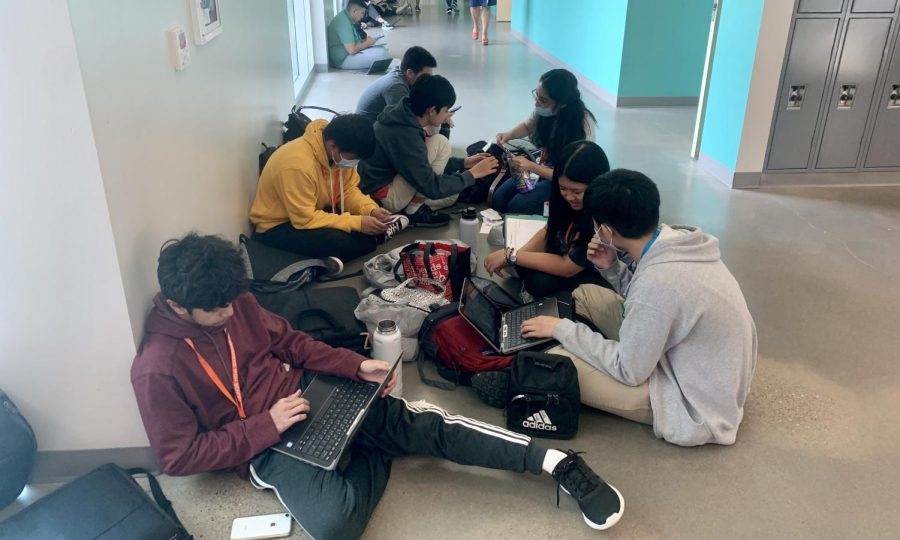
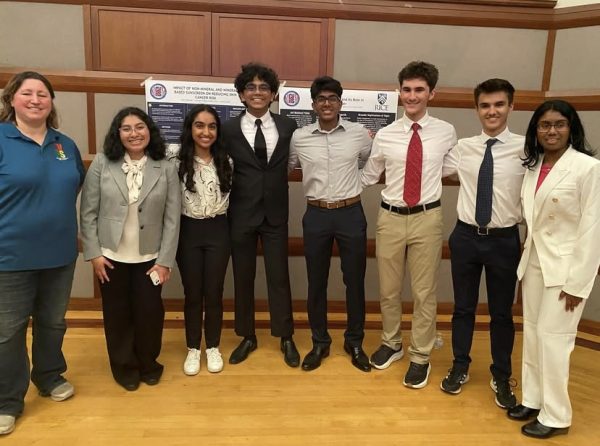
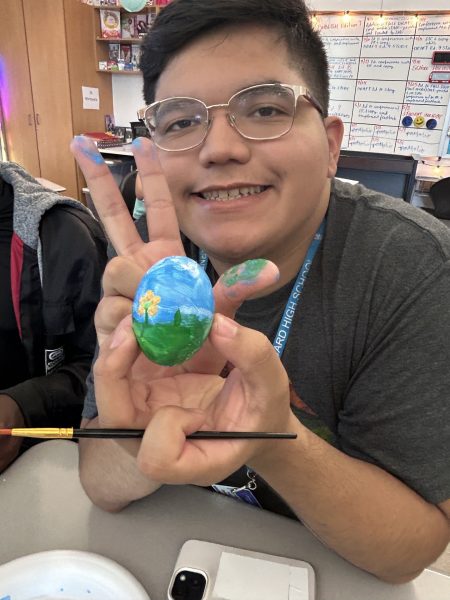
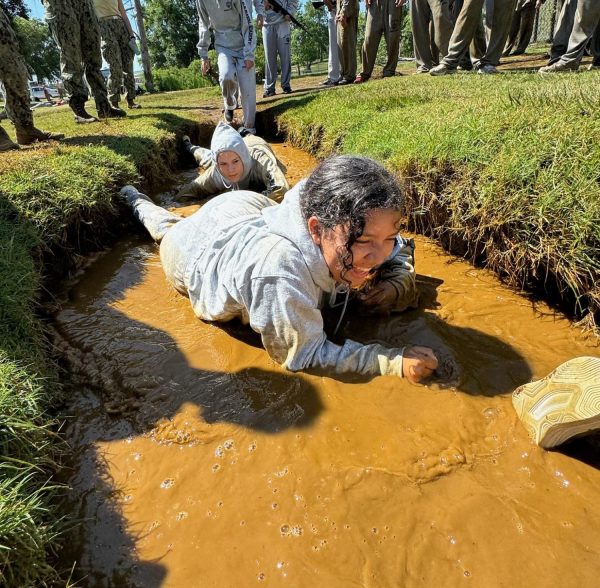
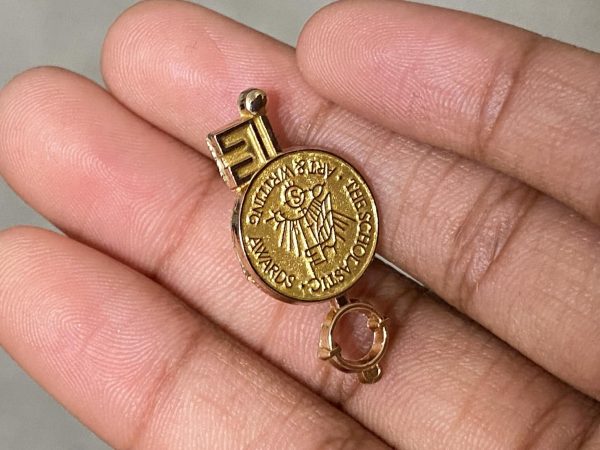
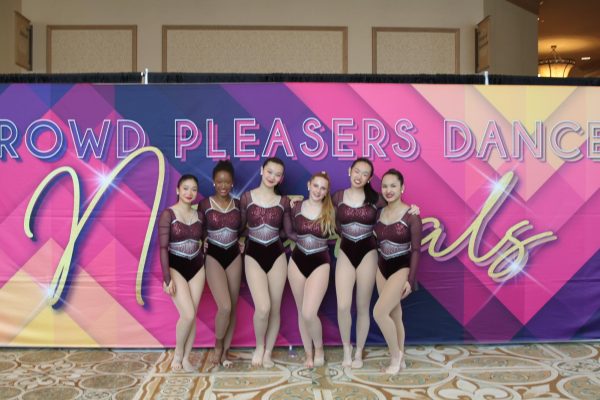
Chiamaka Uwalaka • Sep 24, 2022 at 11:32 am
I was really interested in this topic because of the stigma surrounding freshman. I like that you included perspectives from people in all the grade levels, and the freshman’s thoughts were interesting. It was an interesting read!
Karla Berrueto • Sep 23, 2022 at 2:39 pm
Very interesting article. Liked how you included different perspectives and overall it was a fun read.
Dia Vaswani • Sep 23, 2022 at 11:05 am
I really like the perspective of this article, how it focuses on the stereotype of freshmens being “inferior.” It is really nice to see that this discrimination is not subject to everyone. Understanding that all people are the same, especially in high school, is important! So slay!
Cindy Cui • Sep 23, 2022 at 10:28 am
This was a really enjoyable read! I really liked how students in various grade levels were all able to have their thoughts on the topic heard, which also helped to expand the perspectives I could take into account. The whole article flowed so well!
Catherine Hu • Sep 23, 2022 at 10:11 am
I appreciate y’all including views from under- and upperclassmen, and the views that differ from others, great article 🙂